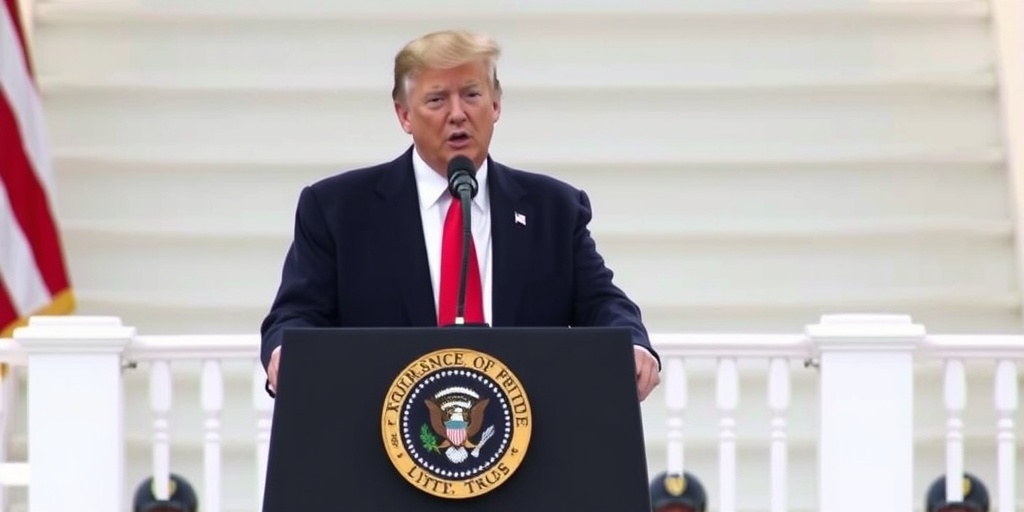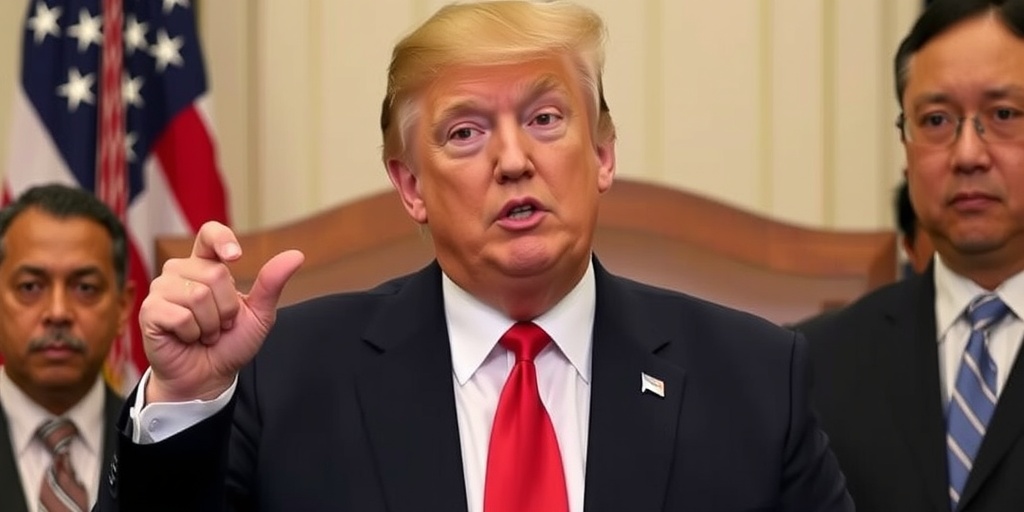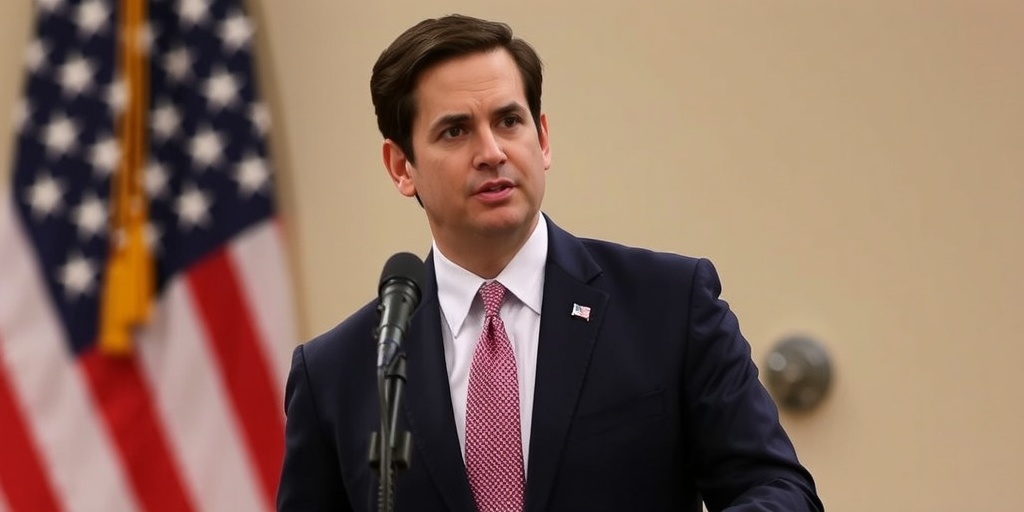Now Reading: Judge Issues Injunction to Stop Consumer Bureau Dissolution
-
01
Judge Issues Injunction to Stop Consumer Bureau Dissolution
Judge Issues Injunction to Stop Consumer Bureau Dissolution

Federal Judge Issues Injunction Against Trump Administration’s Actions on Consumer Financial Protection Bureau
In a significant legal development, a federal judge has issued a preliminary injunction that prevents the Trump administration from carrying out mass firings and dismantling the Consumer Financial Protection Bureau (CFPB). The ruling, made by Judge Amy Berman Jackson of the Federal District Court in Washington, comes amidst ongoing turmoil within the agency, which was established in the wake of the 2008 financial crisis to protect consumers in financial markets.
Judge Jackson described the injunction as "an extraordinary step," emphasizing the need to safeguard the bureau from being “dissolved and dismantled.” The lawsuit was brought forth by the bureau’s staff union along with a coalition of consumer advocacy groups. In her 112-page decision, Judge Jackson indicated that the plaintiffs have a strong likelihood of success in their legal claim that the Trump administration’s attempts to weaken the agency are unlawful.
"This ruling upholds the Constitution’s separation of powers and preserves the bureau’s vital work," stated Deepak Gupta, the attorney representing the staff union. However, representatives from the Consumer Financial Protection Bureau have not commented on the decision.
The CFPB has been under scrutiny since February 7, when President Trump appointed Russell T. Vought, the director of the White House Office of Management and Budget, as the acting director of the agency. Following his appointment, Vought took swift actions that included terminating hundreds of employees, halting all operational activities, closing the bureau’s offices, and canceling contracts with service providers essential to the agency’s function.
Judge Jackson noted that under current legislation, only Congress holds the authority to close the bureau, reinforcing its legal standing. Despite the tumultuous circumstances, some segments of the CFPB have begun to reactivate in response to ongoing legal challenges. Nearly 200 employees who were terminated have since been reinstated, and various departments within the bureau are resuming their legally mandated responsibilities. Nonetheless, a significant portion of the staff remains on administrative leave as the agency navigates its current status.
For years, the CFPB has faced criticism from the financial industry, which argues that the agency has adopted an excessively aggressive stance in regulating lending practices, including those related to mortgages and credit cards. Industry representatives claim that the CFPB’s regulations often create barriers that complicate the process of lending to consumers.
In her ruling, Judge Jackson criticized Vought’s actions as being taken "in complete disregard for the decision Congress made 15 years ago" to establish the CFPB with the power to oversee financial institutions and enforce consumer protection laws. She expressed concerns that without the injunction, the government might “complete the destruction of the agency completely in violation of law,” leading to a scenario where the bureau could be so thoroughly dismantled that its revival or re-establishment would be virtually impossible.
The judge’s decision highlighted remarks from senior administration officials, including President Trump himself, who candidly admitted their desire to dismantle the agency. “That was a very important thing to get rid of,” Trump remarked, commending Vought’s actions during a public appearance in early February.
As part of the injunction, Judge Jackson mandated that the government must take immediate steps to reinstate and preserve the bureau’s employees, contracts, data, and operational functions while the legal dispute unfolds. This ruling comes at a critical time as the agency attempts to maintain its integrity and efficacy in protecting consumer rights amidst a politically charged atmosphere.
This legal battle highlights broader implications for the governance of consumer protection in the financial sector. With the CFPB being a key player in regulating practices that directly affect American consumers, the outcome of this case could significantly influence the landscape of consumer finance and the accountability of financial institutions moving forward.
As the situation evolves, both supporters and opponents of the CFPB will be closely watching the proceedings. The focus on the agency’s role raises fundamental questions about consumer protection and the balance of power between regulatory bodies and the administration, reflecting the ongoing debates surrounding financial regulation in the United States.
Stay Informed With the Latest & Most Important News
Previous Post
Next Post
-
 01New technology breakthrough has everyone talking right now
01New technology breakthrough has everyone talking right now -
 02Unbelievable life hack everyone needs to try today
02Unbelievable life hack everyone needs to try today -
 03Fascinating discovery found buried deep beneath the ocean
03Fascinating discovery found buried deep beneath the ocean -
 04Man invents genius device that solves everyday problems
04Man invents genius device that solves everyday problems -
 05Shocking discovery that changes what we know forever
05Shocking discovery that changes what we know forever -
 06Internet goes wild over celebrity’s unexpected fashion choice
06Internet goes wild over celebrity’s unexpected fashion choice -
 07Rare animal sighting stuns scientists and wildlife lovers
07Rare animal sighting stuns scientists and wildlife lovers





















